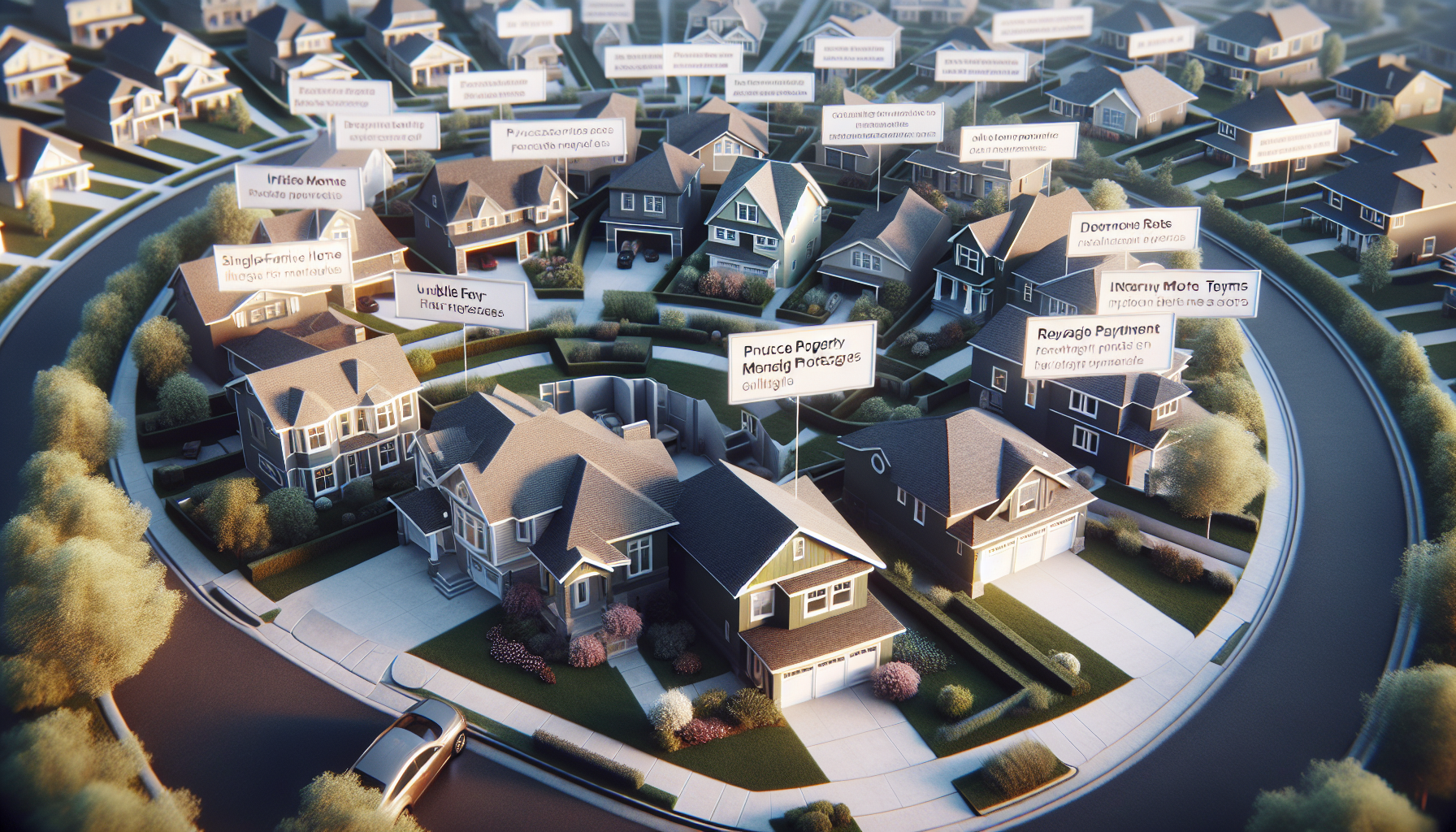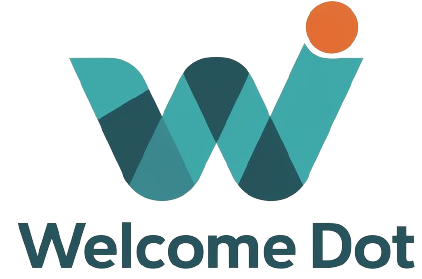
What Is A Purchase-Money Mortgage? – Definition, Types, Benefits
When it comes to purchasing a home, most buyers rely on traditional bank financing to secure a mortgage. However, for those who may not qualify for a conventional loan due to poor credit, high debt-to-income ratios, or limited down payment funds, a purchase money mortgage can be an attractive alternative. This non-traditional home loan allows the seller to act as the lender, providing more flexible terms and expanded access to homeownership.
What is a Purchase Money Mortgage?
Definition of a Purchase Money Mortgage
A purchase money mortgage, also known as seller financing or owner financing, is a type of non-traditional home loan where the property seller acts as the lender. Instead of the buyer obtaining a mortgage from a bank or other financial institution, the seller agrees to provide the financing for the purchase of the property.
This arrangement allows the seller to defer a portion of the purchase price, which the buyer then repays over time according to the terms of the mortgage agreement. The purchase money mortgage can be a first mortgage, securing the primary lien on the property, or a second mortgage, which is subordinate to the first lien.
How Purchase Money Mortgages Work
In a typical purchase money mortgage process, the buyer and seller agree on the terms of the loan, including the down payment, interest rate, repayment schedule, and any balloon payments. These terms are often more flexible than those offered by traditional lenders, as they are based on the buyer’s qualifications and the seller’s needs.
Once the agreement is in place, the buyer makes monthly payments directly to the seller, which include both principal and interest based on an amortization schedule. These payments are separate from any property tax or homeowners insurance payments the buyer is responsible for making.
Throughout the life of the loan, the seller holds the deed to the property until the buyer has fully repaid the mortgage. At that point, the seller executes a satisfaction of mortgage document, transferring the title to the buyer and releasing the lien on the property.
Types of Purchase Money Mortgages
There are several types of purchase money mortgages, each with its own unique features and benefits. Some of the most common include:
Land Contracts
A land contract is a legal agreement that allows the seller to finance the buyer’s purchase of the property. Under this arrangement, the buyer makes monthly payments to the seller, who retains ownership of the property until the loan is fully repaid. Land contracts typically have shorter terms than traditional mortgages and may include a balloon payment at the end of the term.
Lease Option and Lease-Purchase Agreements
Lease option and lease-purchase agreements, also known as rent-to-own arrangements, allow buyers to lease a property with the option to purchase it at a later date. During the lease period, a portion of the monthly rent payments may be applied toward the purchase price. These agreements can be beneficial for buyers who need time to improve their credit or save for a down payment.
Assumable Mortgages
An assumable mortgage allows the buyer to take over the seller’s existing mortgage, including the remaining balance, interest rate, and repayment terms. This type of purchase money mortgage is most common with government-backed loans, such as FHA, VA, and USDA loans. Assumable mortgages can be advantageous for buyers who may not qualify for a new mortgage or who want to take advantage of the seller’s lower interest rate.
Hard Money Loans
Hard money loans are short-term loans provided by private lenders, such as individuals or companies, rather than traditional financial institutions. These loans are typically secured by the property itself and are often used by investors or buyers who need quick access to funds. Hard money loans generally have higher interest rates and shorter repayment terms compared to traditional mortgages.
Benefits of Purchase Money Mortgages
Flexible Terms and Qualifications
One of the primary benefits of purchase money mortgages is the flexibility they offer in terms of down payment, interest rate, and repayment schedule. Sellers are often more willing to work with buyers who may have poor credit or a high debt-to-income ratio, as long as they can demonstrate the ability to make the monthly payments.
This flexibility can be particularly advantageous for buyers who have difficulty qualifying for traditional mortgages. By negotiating directly with the seller, buyers may be able to secure more favorable terms that suit their financial situation.
Faster Closing and Lower Costs
Purchase money mortgages can often be closed more quickly than traditional bank financing, as there are fewer parties involved in the transaction. This can be especially beneficial for buyers who need to move into the property quickly or sellers who want to close the sale as soon as possible.
Additionally, closing costs associated with purchase money mortgages are typically lower than those of traditional mortgages. This is because there are no bank fees, appraisal costs, or other lender-related expenses. These savings can be significant, making homeownership more accessible for buyers with limited funds.
Expanded Access to Homeownership
Purchase money mortgages provide an alternative path to homeownership for buyers who may not qualify for traditional mortgages. By working directly with the seller, these buyers can secure financing that suits their unique financial situation, allowing them to achieve their dream of owning a home.
This expanded access to homeownership can be particularly beneficial for first-time homebuyers, self-employed individuals, or those with less-than-perfect credit. Purchase money mortgages offer a viable solution for these buyers, ensuring that they are not excluded from the housing market.
Risks and Drawbacks of Purchase Money Mortgages
Higher Interest Rates and Balloon Payments
While purchase money mortgages offer flexibility and expanded access to homeownership, they also come with some risks and drawbacks. One of the most significant is the potential for higher interest rates compared to traditional mortgages. Sellers are often taking on more risk by financing the purchase, and they may compensate for this by charging higher interest rates.
Additionally, some purchase money mortgages may include balloon payments, which are large lump-sum payments due at the end of the loan term. These payments can be substantial and may require the buyer to refinance or sell the property to meet the obligation.
Foreclosure and Default Risk
Another risk associated with purchase money mortgages is the potential for foreclosure and default. If the buyer fails to make the required monthly payments, the seller has the right to foreclose on the property and take back ownership. In some cases, the seller may also keep any down payment or previous payments made by the buyer.
To mitigate this risk, buyers should carefully consider their financial situation and ensure that they can comfortably afford the monthly payments before entering into a purchase money mortgage agreement.
Less Consumer Protection
Purchase money mortgages typically offer less consumer protection than traditional mortgages. Sellers are not required to follow the same strict regulations and mortgage servicing laws that apply to banks and other financial institutions. As a result, buyers may have fewer legal protections if disputes arise with the seller.
To protect their interests, buyers should work with a qualified real estate attorney to review the purchase money mortgage agreement and ensure that their rights are adequately protected. This can help mitigate the risks associated with these non-traditional financing arrangements.
See also:
- What is a Wrap Around Mortgage: Everything You Need To Know
- How Long is a Mortgage Pre Approval Good For?
- Who Has the Deed to My House If I Have a Mortgage
- How Long Does It Take To Get Approved for a Mortgage?
- A Balloon Payment Mortgage Makes the Best Sense for Borrowers Who Are
